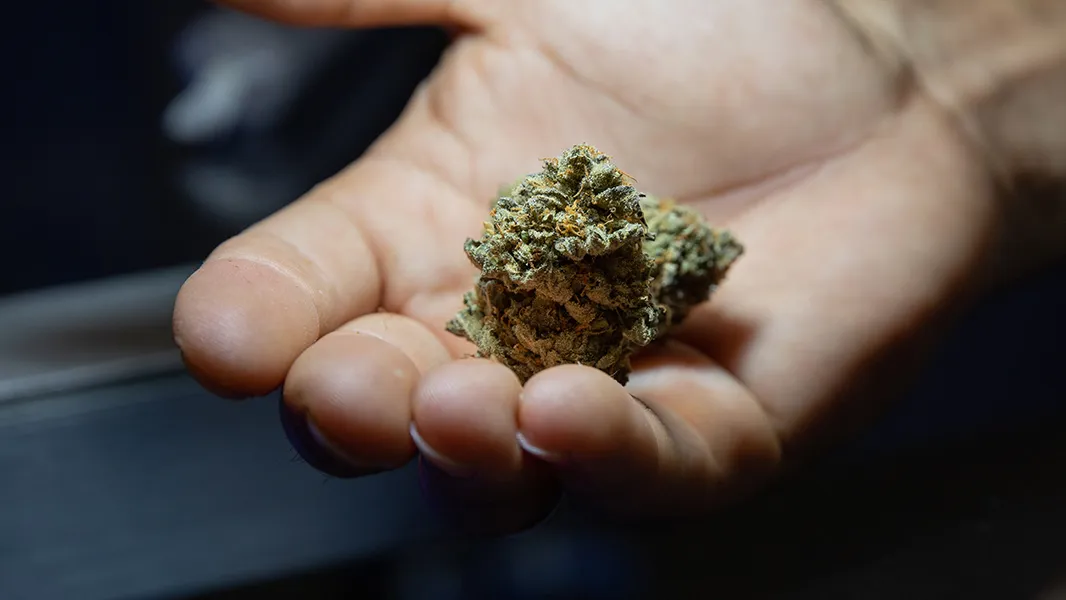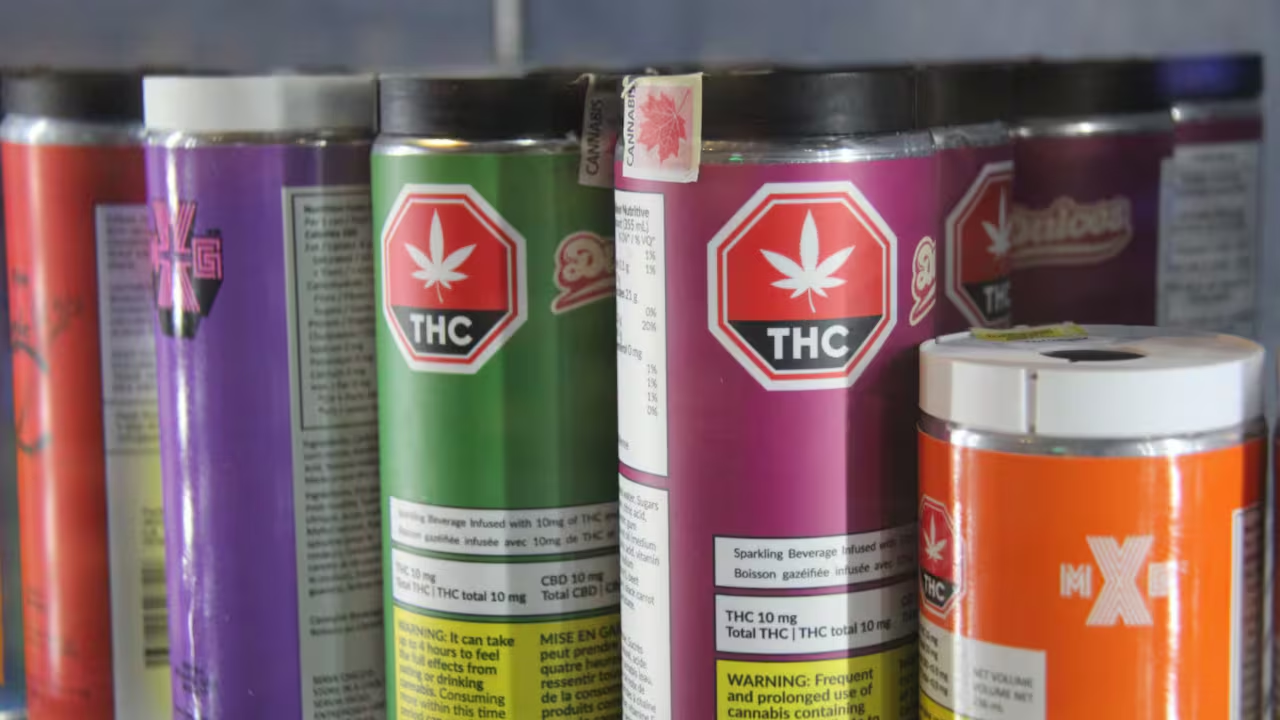PRINCE FREDERICK, Md. — The Calvert Board of County Commissioners (BOCC) is taking action to tackle rising concerns about cannabis use among youth and its impact on mental health. During recent meetings, officials highlighted the need for targeted interventions, especially as statistics reveal alarming trends in mental health among young people.
Dr. Nimfa Teneza-Mora emphasized the importance of implementing evidence-based public information campaigns to guide youth and their families toward resources that can help them. National and Maryland data show that anxiety and depression rates are particularly high among those aged 18 to 25, with youth aged 13 to 18 also facing significant challenges.
Although Calvert County lacks specific local data on youth mental health, Dr. Teneza-Mora referenced state and national statistics to underscore the urgency of prevention programs tailored to reach students, particularly in schools and community settings. She noted existing initiatives within Calvert County Public Schools (CCPS), such as the Student Check-Up and Counseling on Access to Lethal Means (CALM) programs, which aim to support students’ mental well-being.
Dr. Teneza-Mora stressed the need for trained staff to effectively implement these programs and ensure that students are aware of their availability. A significant barrier is that many students are hesitant to disclose their struggles, fearing a lack of privacy when approaching teachers or CCPS personnel. Therefore, collaborating with CCPS to develop effective communication strategies is crucial.
The BOCC supports increasing the number of mental health and behavioral health professionals in schools, recognizing that many students rely on educators for guidance and support. Cannabis use among youth is closely linked to mental health issues; research indicates that up to 29% of cannabis users aged 14 to 19 consume the substance to alleviate symptoms of depression or anxiety. However, only 6% of users in this age group obtain their cannabis through licensed dispensaries, while 42% acquire it from friends or peers.
The BOCC members also pointed out the challenges in assessing cannabis impairment, as current methods for detecting cannabis intoxication lag behind those for alcohol. Dr. Teneza-Mora recommended enhanced public health messaging to educate young adults about the dangers of driving under the influence of cannabis.
Resources, such as BeCannabisSmart, are available for both parents and youth, covering topics from peer pressure to safe cannabis storage practices. Despite increasing awareness and resource availability, officials agree that further efforts are necessary to combat the rising trend of youth cannabis use and its implications for mental health.




